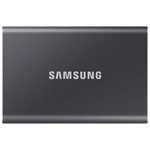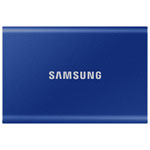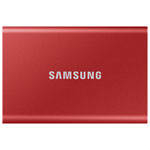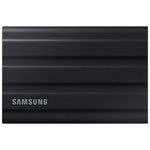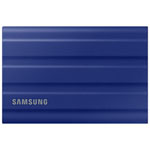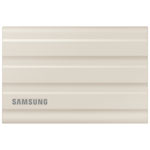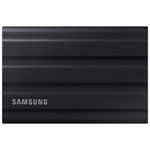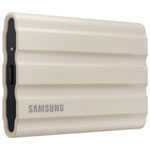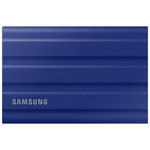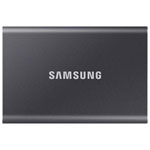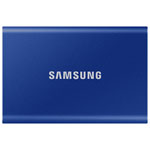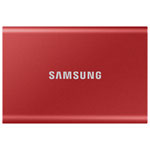FAQ (Frequently Asked Questions) About Solid State Drives
If you've ever asked a tech-savvy friend "What can I do to speed up my slow-as-molasses computer?", chances are solid state drives were part of the conversation. A solid state drive is commonly referred to as an "SSD" (not "SSD drive"). Check out this list of questions and answers to get all the info you need to find the perfect SSD and add some pep to your laptop or desktop computer.
What is a solid state drive?
An SSD is a data-storage device that serves the same basic data storage function as a hard disk drive (HDD), which is probably what you'll find in your computer right now. An HDD stores data on spinning platters, and data is read from or written onto the platter through a needle-like "head". An SSD, by contrast, stores data in blocks and has no moving parts.
Why do I need an SSD?
One word: speed. Since an SSD uses a more streamlined method for reading and writing data, it provides faster performance than a comparable HDD. Replacing your HDD with an SSD will result in shorter boot-up times, faster program launching, and quicker file transfers. Overall your computer will feel quicker.
What are the different types of SSDs?
Here are the main features that separate different types of SSDs:
MLC vs. SLC
SSDs built with MLC (multi-level cell) memory can store more data on each cell and are generally cheaper. However, SLC (single-level cell) memory tends to be more dependable with lower rates of error.
SATA Support
SATA (Serial ATA) is a type of interface that allows the SSD to connect with the rest of the computer's brain. There are different types of SATA interfaces, each of which has a different maximum data transfer speed. Look for compatibility with the SATA III interface in order to enjoy super-fast 6 Gbps data speeds.
What factors should I keep in mind when shopping for an SSD?
Size Differences
SSDs tend to come in smaller storage sizes because they tend to hold less data per dollar compared to HDDs. If your computer currently has a large HDD, odds are that any SSD you buy as a replacement will have a smaller storage capacity. After you upgrade the drive you'll need to take some additional measures if you run out of space (like transferring files onto an external hard drive or moving them into the cloud).
History of Reliability
In order to maximize reliability look for SSD manufacturers that have been around for a while (such as Crucial, Kingston, and Samsung) and models that have earned good reviews.
ECC Memory
ECC (error-correcting code) memory allows an SSD to detect and fix some types of data corruption. This technology helps make the drive more reliable.

